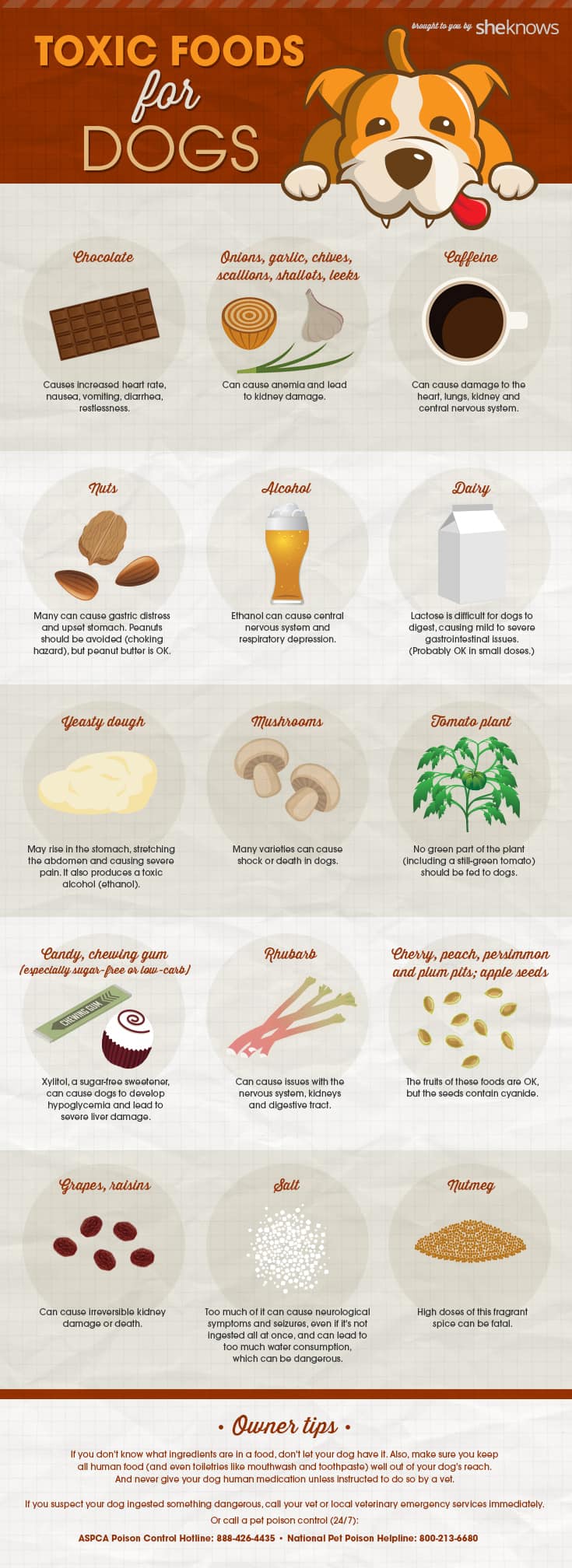How Dog Daycare Helps Socialization
How Dog Daycare Helps Socialization
Blog Article
Can Dog Daycare Cause Ailment?
Canines in daycare obtain great deals of exercise, socialization with various other pet dogs and distinct experiences. This can be particularly helpful for pups and pet dogs with behavioral issues.
There are a number of lawful considerations you require to consider when starting a dog childcare business. These include the structure of your service and conformity with federal government laws.
1. Canine Distemper
Canine distemper is spread through direct contact with the bodily fluids and waste of an infected pet dog, yet it can additionally be sent via shared water and food bowls or through airborne droplets. This extremely infectious health problem is most unsafe for pups, yet it can influence dogs of any kind of age and is fatal for most if left neglected.
Initial signs of canine distemper typically imitate a cold, consisting of drippy eyes and nose with watery or pus-like discharge. As the illness proceeds, a pet dog will certainly create high temperature, coughing, lowered cravings, throwing up and looseness of the bowels. The infection can likewise assault the nerve system, leading to seizures, jerking and partial or total paralysis.
Trustworthy childcares minimize direct exposure to infection by needing inoculations, routine health examinations and comply with stringent hygiene protocols. If your pup seems overly weary or hopping, a day off may help him recover, yet you must prevent taking him back to day care until these symptoms clear up.
2. Kennel Cough
Kennel coughing, likewise referred to as contagious canine tracheobronchitis or Bordetella, is a highly contagious viral or bacterial condition that influences the breathing tract. It's typically transferred via the exchange of saliva or air beads that an ill canine exhales. Social dogs go to greater danger for infection due to their frequent communication with each other, such as when they play, share food or water, sniff one another or simply fulfill in a jampacked atmosphere like a canine park or daycare.
One of the most usual sign of kennel cough is a persistent and forceful coughing that sounds like something stuck in the throat or retching. Usually, pets will certainly cough up foamy white phlegm. If left unattended, a pet dog can develop pneumonia and go to major risk permanently.
A respectable daycare center must have stringent cleansing and cleanliness protocols, disinfect all toys, food and water bowls routinely, and be open concerning their vaccination policies. Maintaining your dog approximately day on their vaccinations, especially for bordetella and canine flu, will greatly lower their possibilities of contracting the ailment.
3. Parvovirus
Canine parvovirus, or parvo, is an extremely contagious viral health problem that can be fatal for pups and young adult dogs with bad immune systems. It's most frequently spread by straight contact with contaminated pet feces-- which can occur when dogs smell, lick, or preference infected feces-- and indirectly from infected people, things, or atmospheres (like kennels, grooming spaces and lawns). Pups and dogs without full vaccination backgrounds are particularly susceptible to parvo.
The infection is extremely resistant, surviving in the setting for up to 9 years, and can quickly boarding kennels dogs be moved between dogs by get in touch with through feces or on footwear, clothing, and bed linen contaminated with parvovirus. If not treated right away with IV liquids, electrolyte balance, throwing up control medications and prescription antibiotics to prevent additional microbial infections, a canine will swiftly dehydrate and establish extreme diarrhea, which causes shock and sepsis. Parvo is challenging to heal once a pet dog has ended up being ill, yet with suitable vet care, lots of pups do survive this health problem.
4. Canine Flu
Pooch influenza virus is very contagious and spreads with straight contact, sharing food and water bowls, licking or nuzzling other pet dogs, via airborne droplets, and via contaminated surface areas. Vaccination works in reducing the danger of infection and break outs.
Most impacted pet dogs create a moderate breathing infection with a coughing that lasts 1-3 weeks. They may likewise have nasal and eye discharge, sneezing, and lethargy. Some of one of the most significant cases lead to pneumonia and a high fever.
If your dog exhibits any one of these signs and symptoms, do not bring them back to daycare up until they are healthy and balanced. If your dog is showing indications of severe fatigue or limping, speak to your veterinarian immediately and make certain they get on good health supplements to assist develop their resistance. A vet will assess your pet dog for signs and symptoms of the flu by taking a sample from the nose or throat, and blood tests can be done to validate.